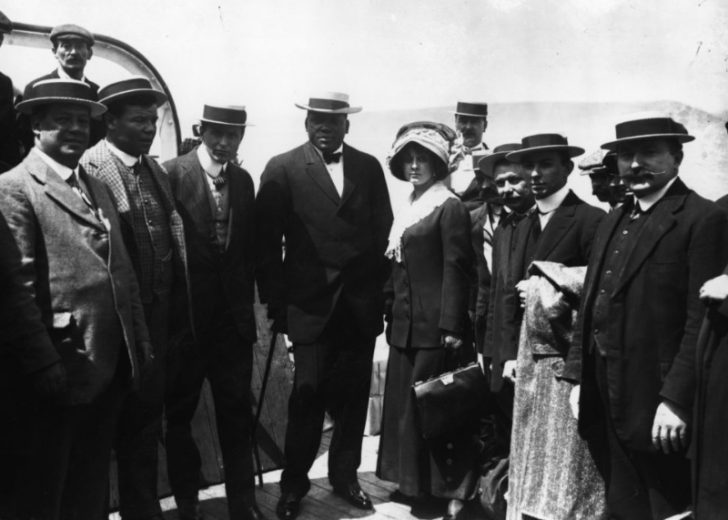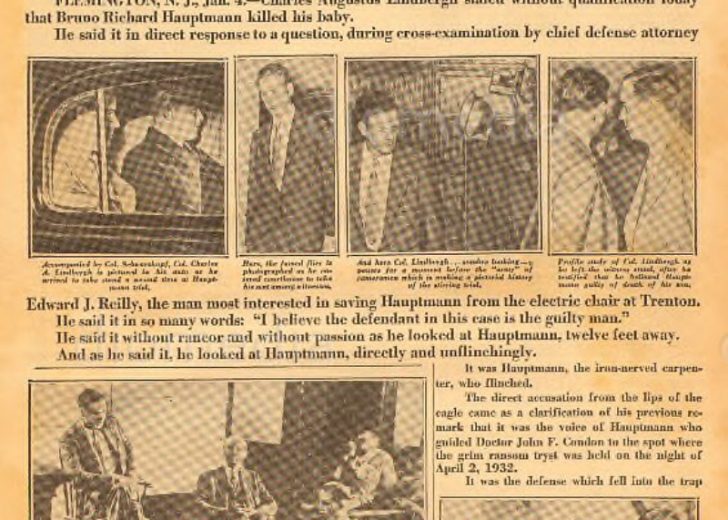Whether it’s because they wrote the law themselves or were victim to terrible circumstances that caused the law to come into effect to save others, it’s a long process to get one’s name attached to a piece of legislation. Here’s a short list of laws which were named after real people and the story of why they were named so.
The Mann Act

This act was originally called the White Slave Traffic Act that dates back to 1910 and it sought to curb forced escort services by making it a federal crime to transport a woman for immoral purposes across state lines. Republican Congressman James R. Mann lends his name to this law and is rather obscure, but remains in the books and still quoted. Various celebrities including Charlie Chaplin, Frank Lloyd Wright, Chuck Berry (in jail for 20 months for violating it), and boxer Jack Johnson, have been hit with this vaguely worded Act.
Sonny Bono (Copyright Term) Extension Act
This 1998 law extended the term of various copyrights by 20 years and was championed by Disney when the early Mickey Mouse cartoons entered the public domain. Named after the late Sonny Bono, copyright protection was the former entertainer’s major legislative goals throughout his congressional career.
Buster’s Law
In 1997, Chester Williamson a young hoodlum doused a cat named Buster with kerosene before igniting him. New York’s legislators were outrages and passed Buster’s Law honouring the murdered pet, making animal cruelty a felony within New York.
Donda West Law

In late 2009, California’s legislature brought into effect the Donda West Bill, requiring all patients to undergo a mandatory health check-up to receive written clearance before any plastic surgery operation. Named after the late mother of ‘Heartless’ singer and rapper Kanye West, Donda, died because of complications arising from a cosmetic procedure in 2007.
Tokyo Rose Statutes
These law statutes forbid non-US citizens from owning in excess of 25% of any U.S. broadcasting network or company and were named after the infamously famous Japanese-origin broadcasters spreading anti-American propaganda of during World War II.
Kristen’s Law
In 1997, 18-year-old Kristen Modafferi from Charlotte, disappeared, but because she was not a minor, her family was prevented from using the nation’s kidnapping resources to track her down. When signed into a law in 2000, a National Centre for Missing Adults was created.
Ryan White CARE Act
This 1990 Bill enforced sweeping changes in the quality and availability of care for patients with HIV and AIDS. The Act named after 18-year-old Ryan White, who was a victim of AIDS, and established a “payer of last resort” for uninsured patients and families which had exhausted all financial resources. President Obama extended it for 4 years in October 2016.
Lindbergh Law

This 1932 law was passed after the infamous Lindbergh kidnapping, making it a federal crime for transporting kidnapped victims across state lines, punishable by life imprisonment. As the law made transporting victims from state to state, a federal crime, the FBI and federal agencies strengthened their resources and manpower in kidnapping cases.
Brady Handgun Violence Prevention Act
After James Brady, a former White House Press Secretary, was shot and forever paralyzed by assassin John Hinckley, Jr. during his 1981 failed shooting attempt on the life of then POTUS Ronald Reagan. The 1994 law put into effect certain waiting periods for purchasing handguns with federal background checks for all attempting to buy guns.




